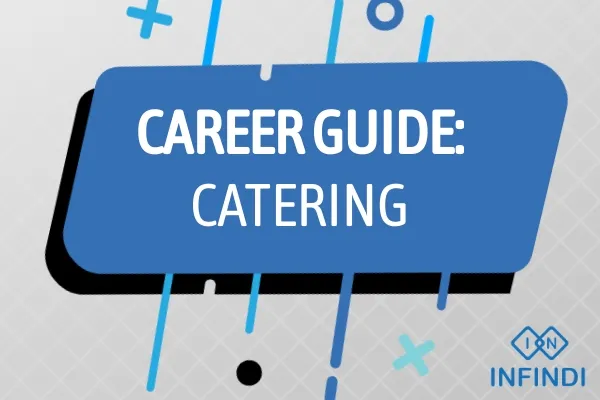For those with a passion for culinary arts and a flair for creating memorable dining experiences, catering jobs provide an exciting and flavorful career path. Whether you’re a seasoned catering professional or someone exploring entry-level opportunities, understanding the intricacies of jobs in catering is essential. This article aims to provide a comprehensive guide to catering jobs, addressing duties, salary expectations, job descriptions, skills, qualifications, education and training requirements, experience prerequisites, frequently asked questions, and daily tasks.
1. Duties and Responsibilities
Professionals in the catering industry play a crucial role in bringing culinary visions to life and ensuring delightful experiences for clients. Common duties and responsibilities include:
- Menu Planning: Collaborating with clients to create customized menus for events.
- Food Preparation: Overseeing the preparation and presentation of dishes.
- Event Coordination: Coordinating with clients, vendors, and staff to ensure smooth event execution.
- Customer Service: Providing exceptional service and addressing client needs during events.
- Budget Management: Estimating costs, managing budgets, and ensuring profitability.
2. Salary Expectations
The salary for jobs in catering varies based on factors such as experience, event scale, and location. Entry-level positions may start at around $30,000 annually, while experienced catering professionals in managerial roles can earn well over $60,000. Industries like high-end catering for weddings, corporate events, and private parties tend to offer competitive salaries.
3. Possible Job Descriptions
Catering roles encompass a wide range of positions, each contributing to the success of events and culinary experiences:
- Catering Coordinator: Managing logistics, client communication, and event coordination.
- Executive Chef: Overseeing kitchen operations, menu creation, and food quality.
- Event Planner: Coordinating overall event details, including catering services.
- Sous Chef: Assisting the executive chef in kitchen management and food preparation.
- Waitstaff: Providing service during events, including food and beverage service.
4. Skills and Qualifications
Successful catering professionals possess a combination of culinary expertise, organizational skills, and customer service acumen. Key skills include:
- Culinary Skills: Proficiency in cooking techniques and menu development.
- Communication: Effectively communicating with clients, vendors, and staff.
- Attention to Detail: Ensuring precision in food preparation and event logistics.
- Creativity: Bringing innovative ideas to menu planning and presentation.
- Adaptability: Navigating the dynamic nature of event planning and catering.
5. Education and Training Requirements
While formal education in culinary arts or hospitality is beneficial, practical experience is often equally important. Many catering professionals gain experience through on-the-job training, culinary school, or internships in the hospitality industry.
6. Experience Requirements
Entry-level catering positions may accept candidates with limited experience, especially if they demonstrate culinary skills and a passion for the industry. However, advancing to managerial or executive roles often requires several years of relevant catering experience.
7. Frequently Asked Questions
Q: Can I work in catering without formal culinary education?
A: Yes, practical experience, passion for culinary arts, and on-the-job training can pave the way for a successful career in catering.
Q: How do catering professionals handle dietary restrictions?
A: Catering professionals work closely with clients to accommodate dietary restrictions and preferences, ensuring a diverse and inclusive menu.
Q: What is the job outlook for catering professionals?
A: The demand for catering services remains steady, with opportunities in various events such as weddings, corporate functions, and social gatherings.
8. Daily Tasks and To-Do Lists
The daily tasks of a catering professional can vary based on their specific role, but a typical to-do list may include:
- Menu planning and recipe development.
- Coordinating with clients to understand event details and preferences.
- Supervising food preparation and kitchen operations.
- Overseeing event setup, service, and breakdown.
- Ensuring client satisfaction through exceptional service.
In conclusion, a career in catering offers a delectable and rewarding journey for individuals passionate about culinary arts and event planning. Whether you’re starting your catering career or aiming for advancement, understanding the duties, qualifications, and daily tasks associated with catering jobs will set you on the path to success. Explore opportunities, showcase your culinary creativity, and embark on a flavorful career in the dynamic world of catering.

